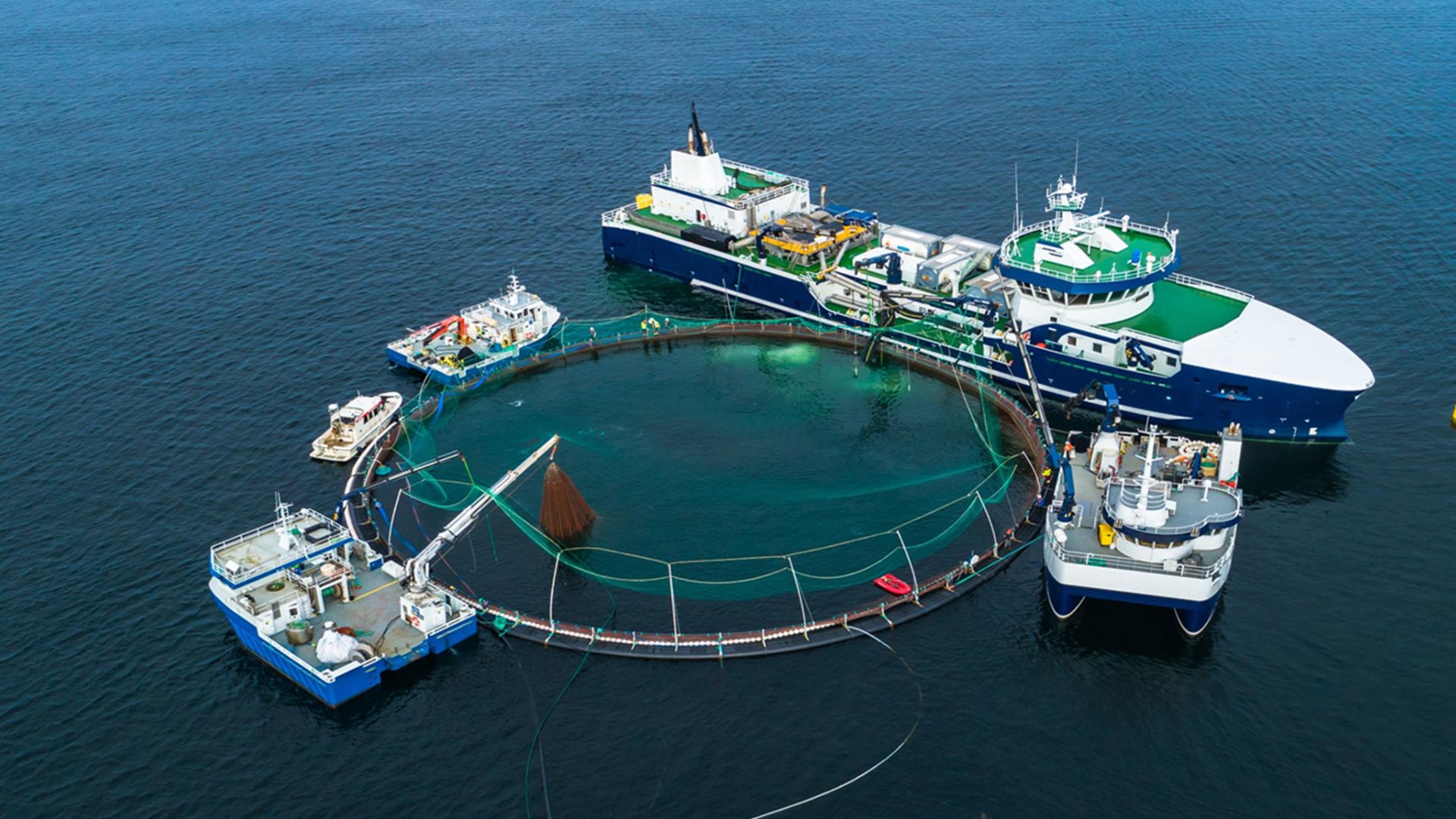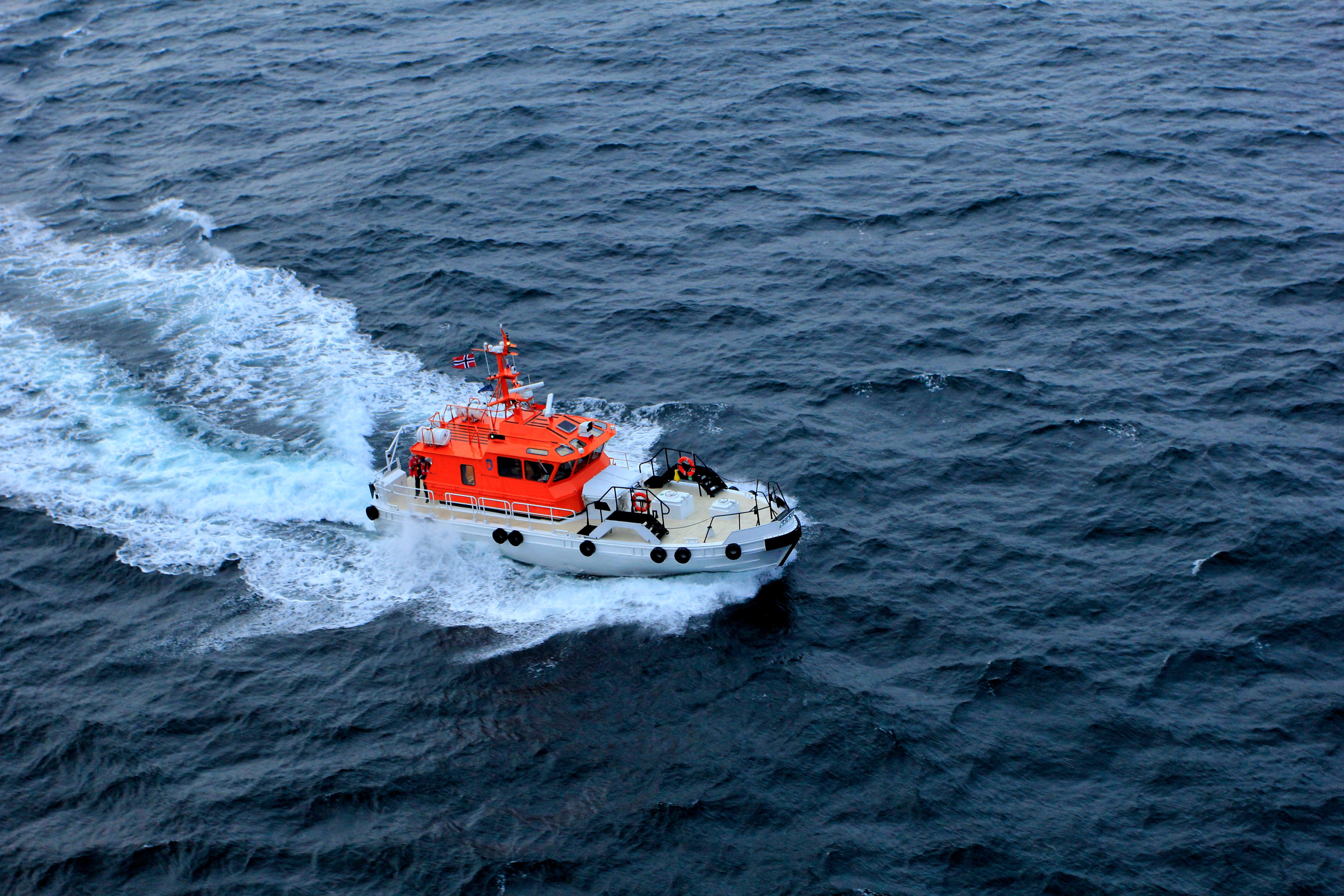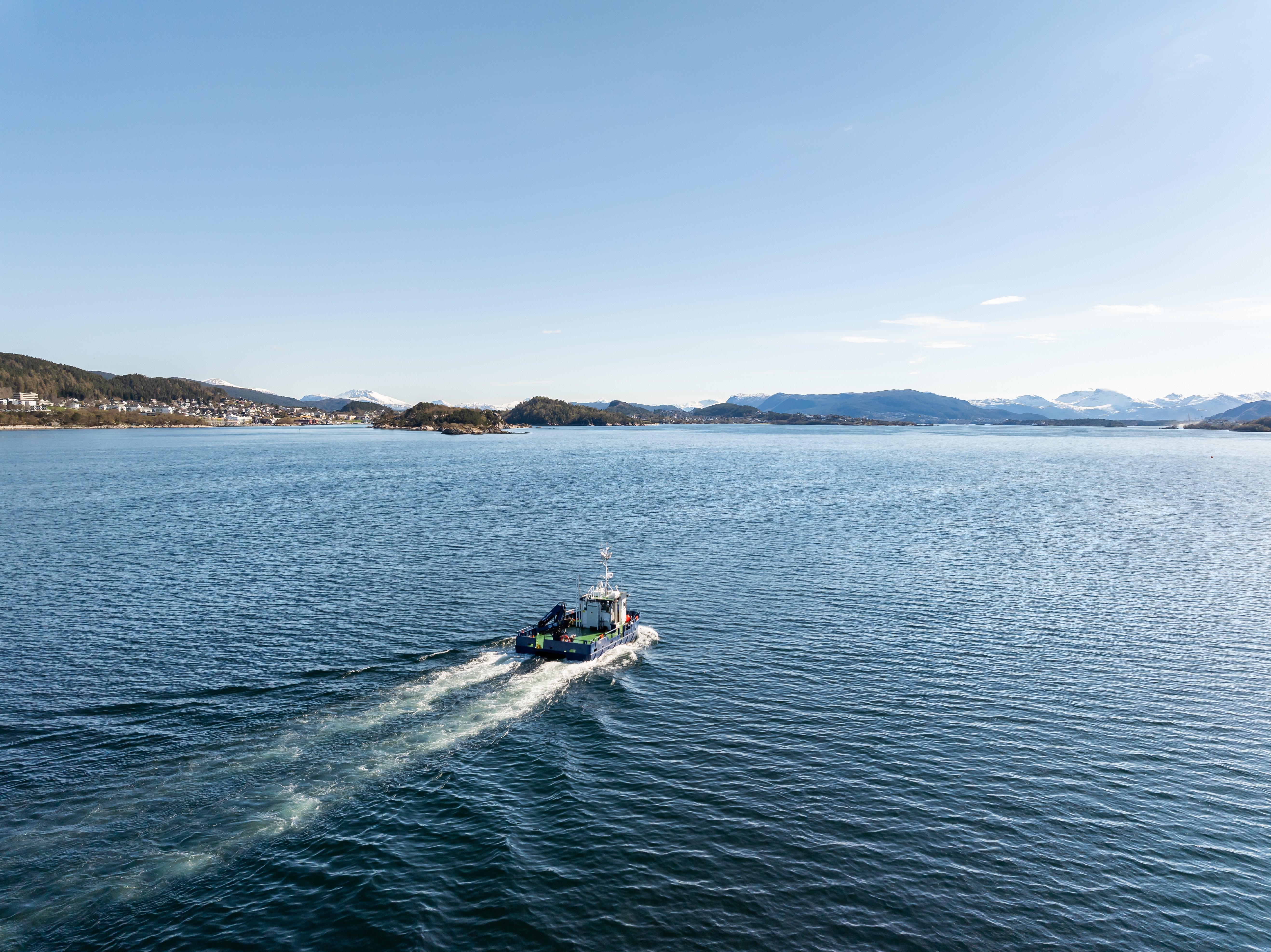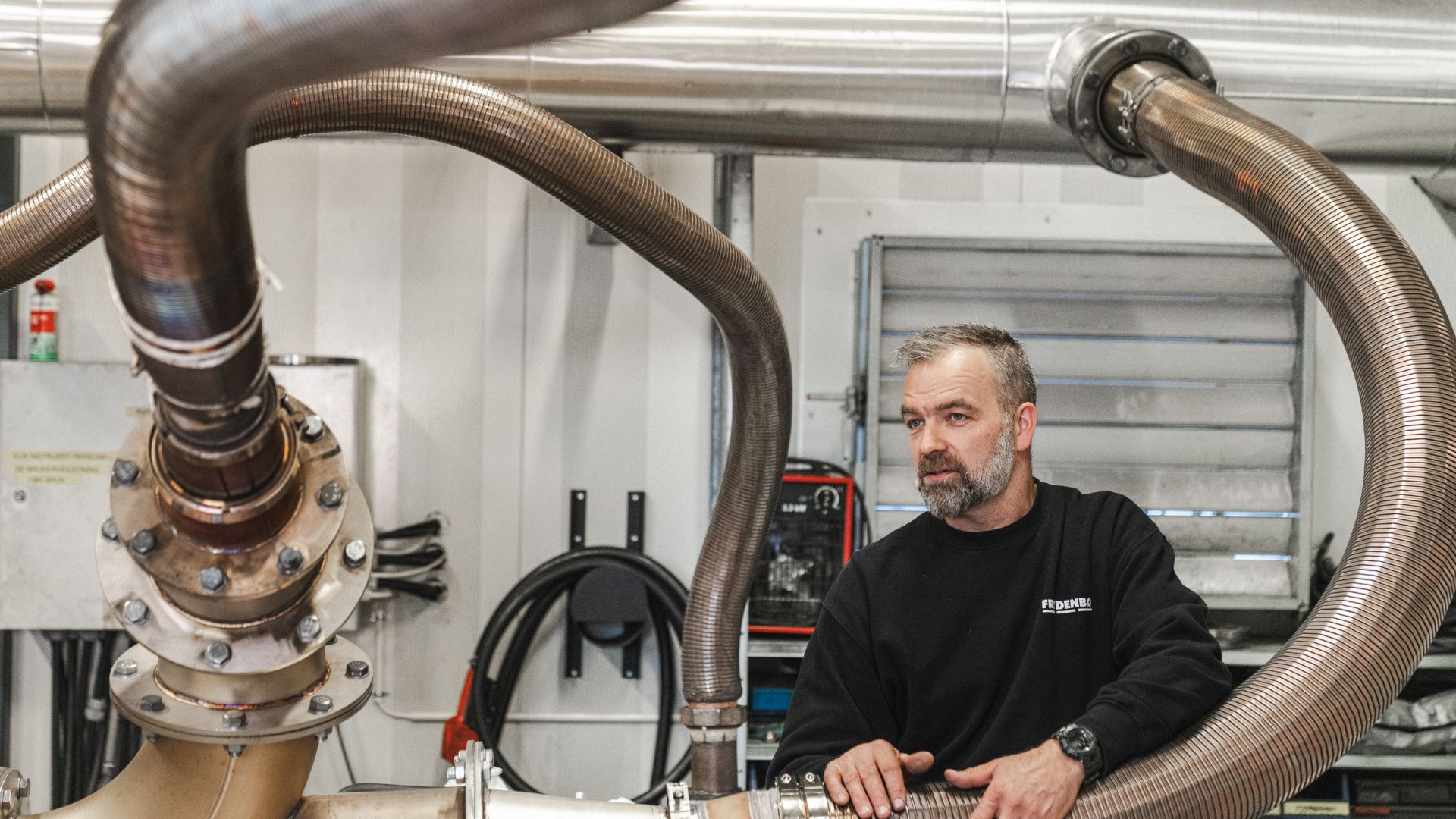
In the global pursuit of sustainability, reducing emissions from maritime transport is a critical endeavor. While larger ships often steal the spotlight due to their significant emissions, smaller vessels play a crucial role in the maritime industry and can also make substantial contributions to emission reduction efforts. From workboats to fishing vessels and small commercial crafts, there are several strategies that owners and operators of smaller vessels can adopt to minimize their environmental impact.
Here, we explore some effective methods to navigate towards greener seas.
Engine Efficiency Upgrades:
Investing in engine upgrades and retrofitting older engines with cleaner technologies can significantly reduce emissions. Upgrading to more fuel-efficient engines or incorporating hybrid propulsion systems can decrease fuel consumption and emissions of pollutants such as nitrogen oxides (NOx) and particulate matter (PM).
Check out Frydenbø Industri Duel Drive Hybrid solution and NOx ATS designet by Frydenbø.
Regular Maintenance and Tuning:
Ensuring proper maintenance and tuning of engines and propulsion systems is essential for optimizing fuel efficiency and reducing emissions. Regular maintenance schedules, including cleaning air and fuel filters, adjusting engine timing, and monitoring exhaust systems, can help keep engines running smoothly and minimize emissions.
Hull and Propeller Optimization:
Improving the hydrodynamics of vessel hulls and propellers can enhance fuel efficiency and reduce emissions. Implementing measures such as hull cleaning, anti-fouling coatings, and optimizing propeller design can reduce drag and improve overall vessel performance, resulting in lower fuel consumption and emissions.
Operational Practices:
Adopting eco-friendly operational practices can also contribute to emission reduction. Simple measures such as reducing idling time, optimizing cruising speeds, and minimizing unnecessary journeys can help conserve fuel and lower emissions. Additionally, employing efficient route planning and navigation techniques can further optimize fuel consumption and reduce greenhouse gas emissions.



